"Unfortunately, I have to start by saying that we are living in an era of dangers," Peter Szijjarto began his speech, stressing that after Hungary' change from a dictatorial regime and her Euro-Atlantic integration, no one had thought that once again we'd be facing the Phantom of a Cold War and the return of war to Europe.
For the past two and a half years we have been living in the shadow of war,
the minister said, pointing out that as a neighbor of Ukraine Hungary has also had to face the consequences of this, such as receiving 1.3 million refugees. We are paying the price of a war that is not our war and whose outbreak we had nothing to do with.
I think that after almost a thousand days, the real question is not what we think about the war, but how to make peace. More precisely (...), what is the fastest way to peace. We must pick the fastest way. Because the later we achieve peace, the more people will die, the greater the destruction, and the more families will be torn apart,
he said, adding that we Hungarians do not want more death and destruction.
FM Szijjarto stressed that after a thousand days we must honestly take stock and analyze what has and has not been effective in the reactions of the international community and the European Union to the war in Ukraine.
And, if we are honest with ourselves, virtually nothing that the international community and the European Union has done in response to the war has worked out. Nothing has worked out that was based on the assumption that there might be a solution to the war on the battlefield. We have to raise the question honestly whether weapons deliveries made any sense, and obviously they have made no sense. No sense because the weapons shipments have not changed the situation on the battlefield and they have not brought us any closer to peace either,
the Hungarian politician said, adding that arms deliveries have only led to more casualties and a prolongation of the war.
He also expressed the hope that a responsible decision will be taken by those who decide to allow the use of Western weapons supplied to Ukraine to target strategic depth on Russian territory, as this could lead to a serious risk of escalation.
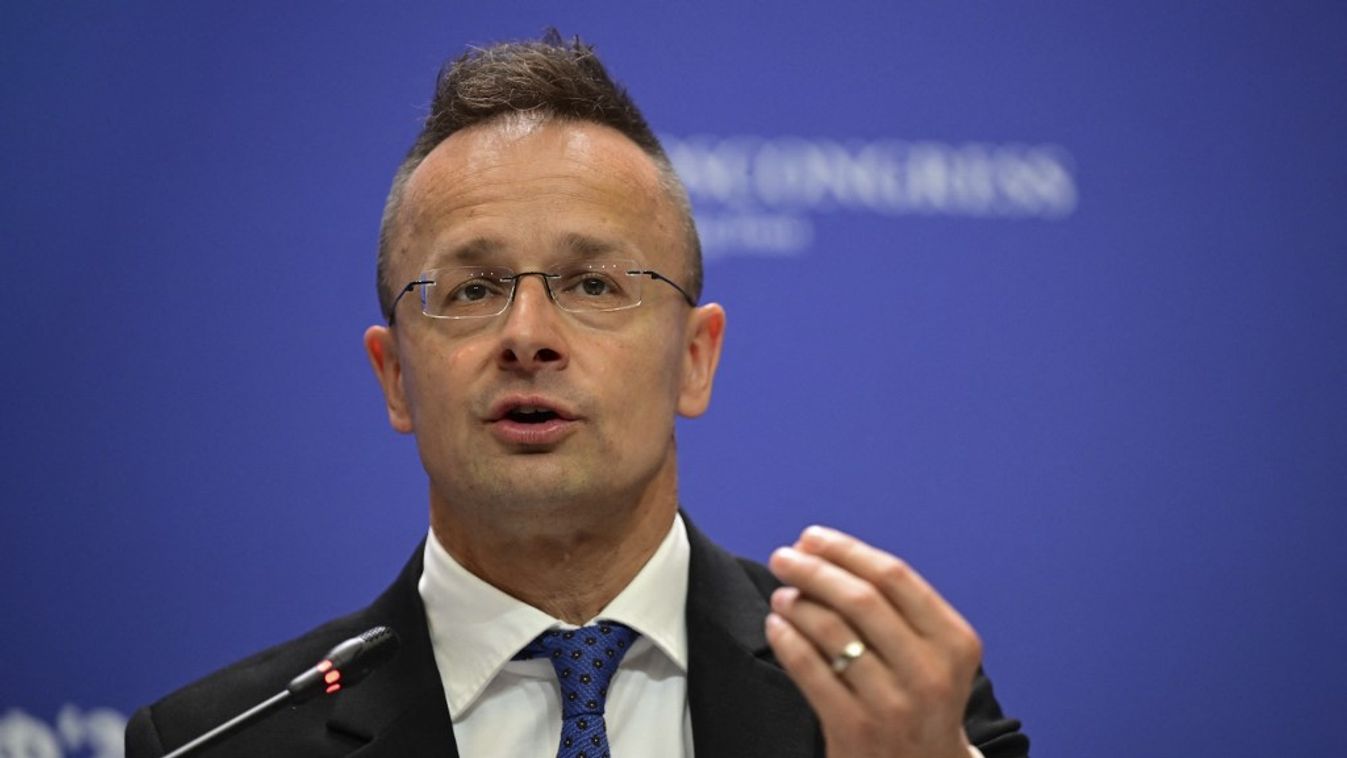
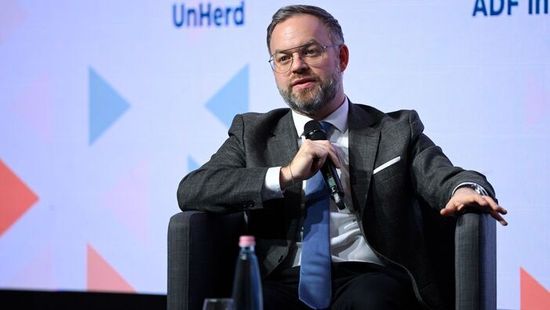
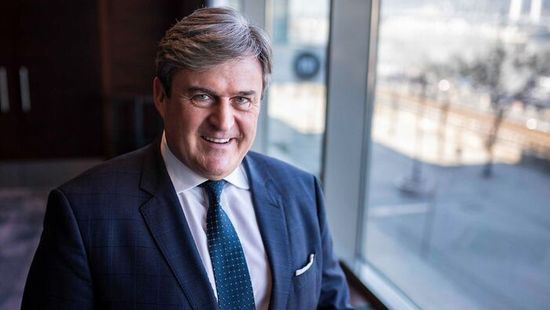
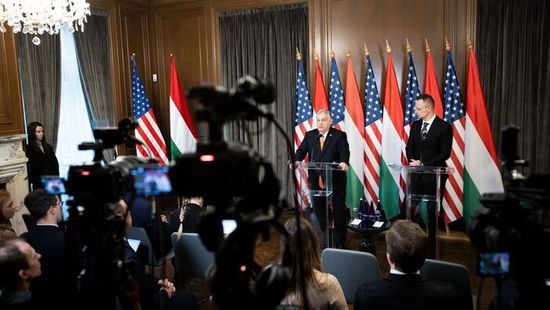
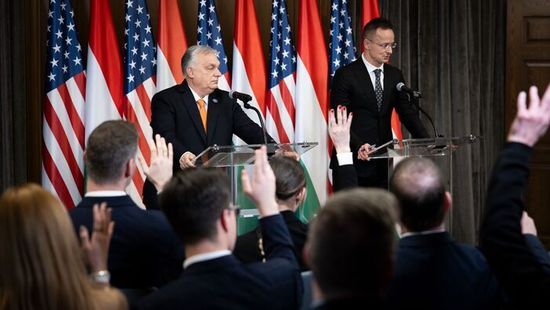

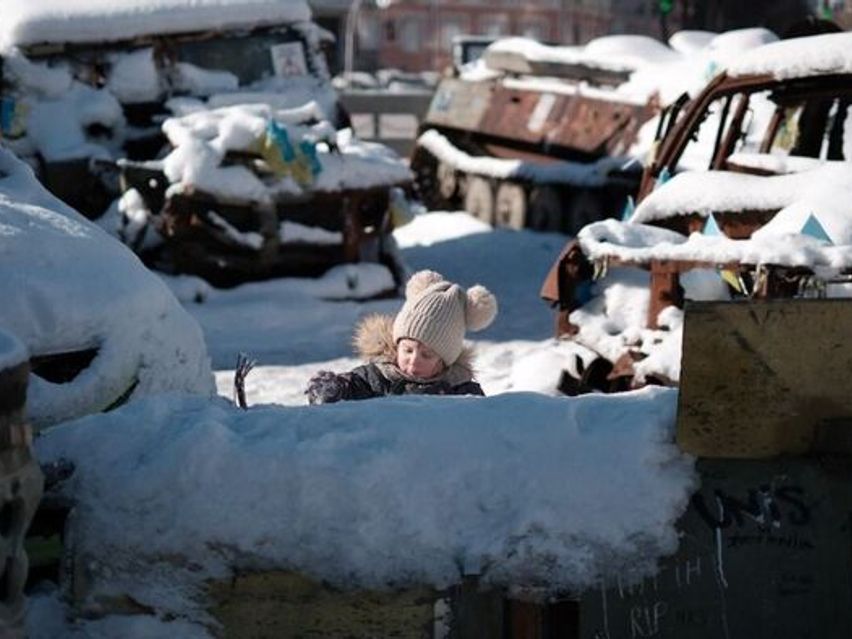


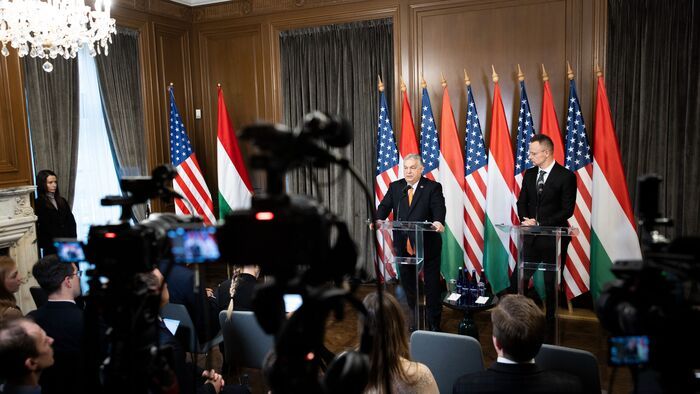

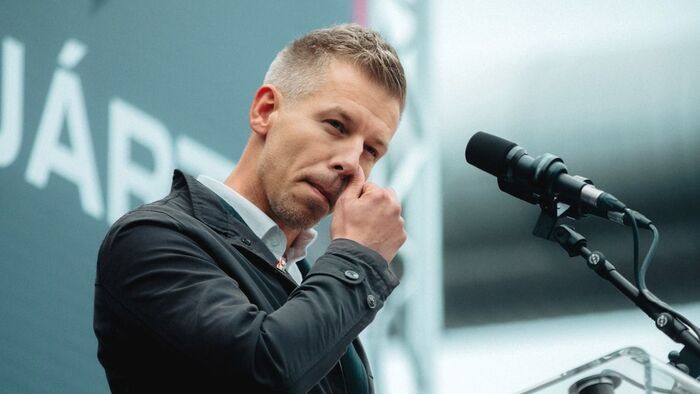
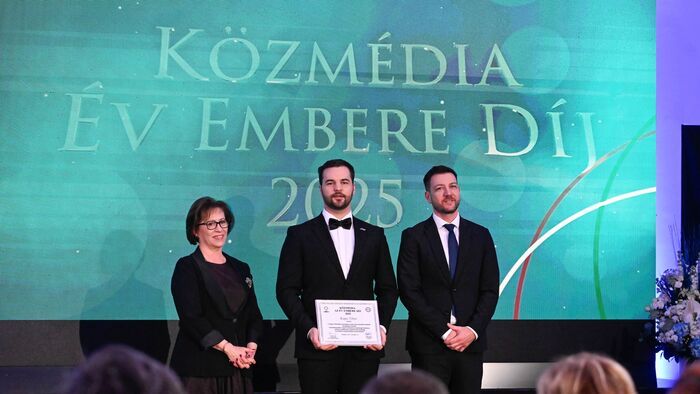
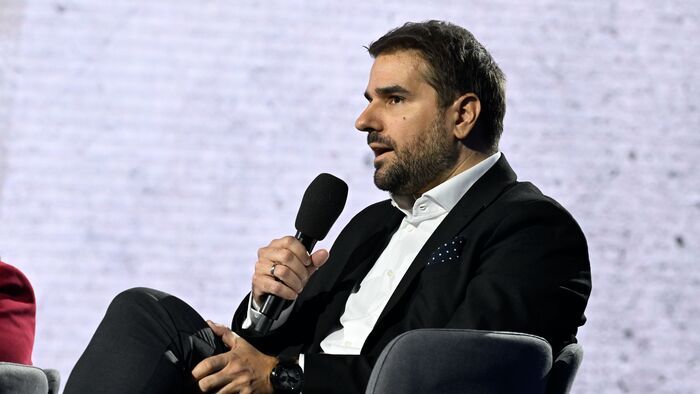
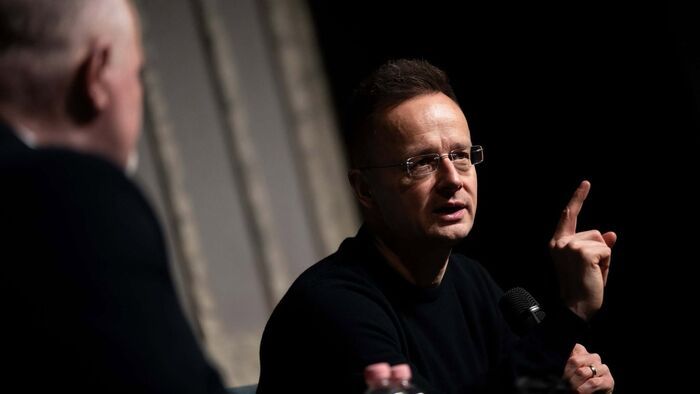
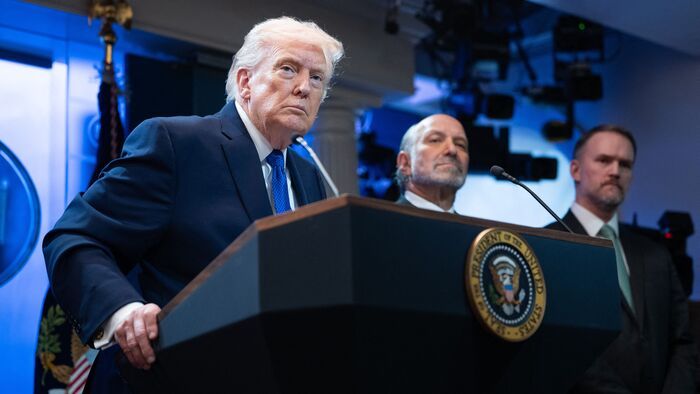

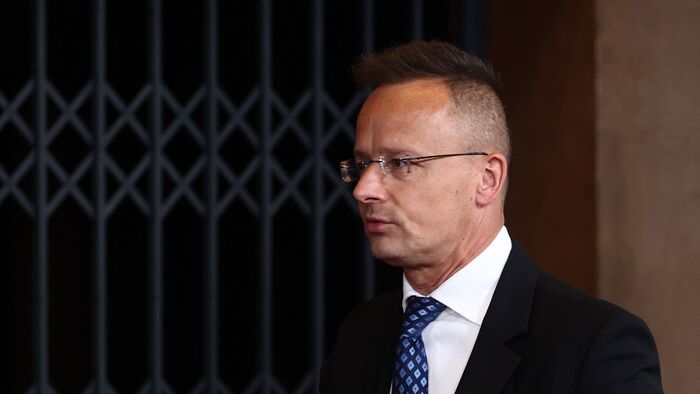


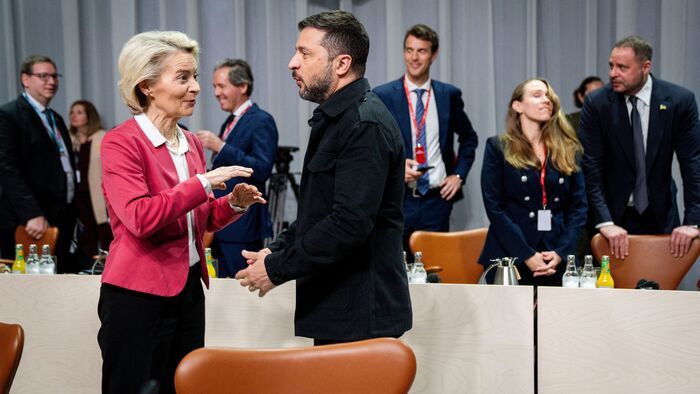
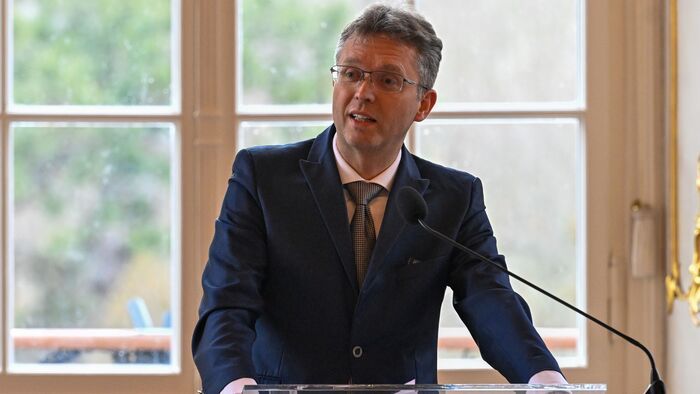

Szóljon hozzá!
Jelenleg csak a hozzászólások egy kis részét látja. Hozzászóláshoz és a további kommentek megtekintéséhez lépjen be, vagy regisztráljon!